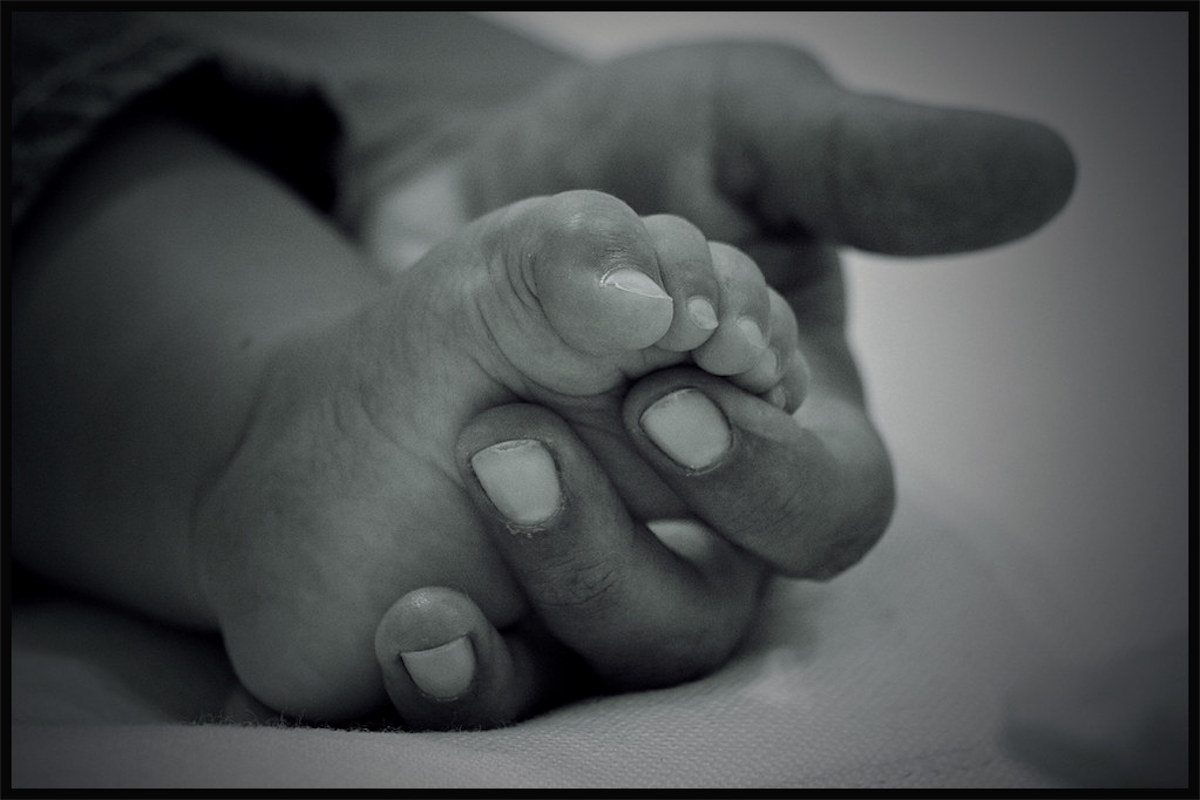
Like many, my child wished me a happy Mother’s Day this weekend.
But what about the mothers for whom the day's well-wishes land very differently given the frayed state of our social safety net, inequal access to quality health care, and the other ways our country fails to truly value mothers?
When I look ahead to the impending SCOTUS ruling in Dobbs vs. Lawrence Women’s Health Alliance, my abiding concern is the same one that I always prioritize: the well-being of all women. I look at the impending decision through the framework of reproductive justice, rather than reproductive rights.
Reproductive rights are conventionally constructed through a narrow concern for the right to obtain an abortion, sometimes also slightly more broadly encompassing the right to purchase and use contraceptives.
Reproductive justice, conceived of and nurtured by generations of women of color, takes a much more holistic stance:
At the core of Reproductive Justice is the belief that all women have:
- the right to have children;
- the right to not have children and;
- the right to nurture the children we have in a safe and healthy environment.
Pregnancy and childbirth are significant threats to health and life. Data from the World Health Organization (WHO) highlights this risk: in the past two decades, the U.S. was one of only two countries to report a significant increase in its maternal mortality ratio. The maternal stakes are high for all women of color, but particularly so for Black women: “Although other women of color also experience an elevated risk of poor outcomes—notably in American Indian and Alaska Native (AIAN) and some Latina communities—available data show that racial disparities between African Americans and non-Hispanic whites are the starkest.”
Access to education does not protect Black women: “Education exacerbates rather than mitigates Black–white differences in maternal deaths. […] maternal deaths are more common among Black mothers with a college education than they are among white mothers with less than a high school education (40.2 vs. 25.0).” In study after study, evidence accumulates as mothers continue dying.
Thinking about the right to have children, we, as a country, have a lot of work to do: This recent analysis of the conditions that mothers face in states with abortion bans or trigger laws (which would ban abortion if Roe is overturned) finds that “The number of deaths of pregnant and new mothers in trigger states are among the highest.” The District of Columbia’s Maternal Mortality Review Committee found that the risk of adverse outcomes is not spread evenly across all people who are pregnant: “in the city where the Supreme Court justices are going about their days, mulling over what protections pregnant people deserve, almost all the pregnant people dying are Black.” The Center for American Progress has issued a comprehensive blueprint designed to address the horrific rates of maternal mortality that Black women face in the US.
In the years leading up to her death, Justice Ruth Bader Ginsburg reflected often on Struck vs. Department of Defense, a case in which she represented a woman fighting for the right to carry her pregnancy to term, and noted several reasons she wished it had been the one to be heard by the Supreme Court. As Ellen Goodman noted 13 years ago in her analysis of the Struck case, “Today, it is mind-bending to think about how different the whole debate might have been if the first Supreme Court case arguing for the right to decide had been brought by a woman wanting to have a baby. Would we have better understood this reality: a government that can force a woman to have an abortion is the same government that can force a woman to continue the pregnancy?” The inverse is equally true: “a government that can force a woman to continue the pregnancy is the same government that can force a woman to have an abortion” or sterilize her against her will or forcibly remove her children from her.
In the days after the draft of the majority ruling in Dobbs vs. Lawrence Women’s Health Alliance was leaked, Leila Cohan’s tweet went viral:

The response to her tweet highlights the salience of the reproductive justice movement’s call to center the needs of all mothers, to ensure the right to nurture the children we have.

